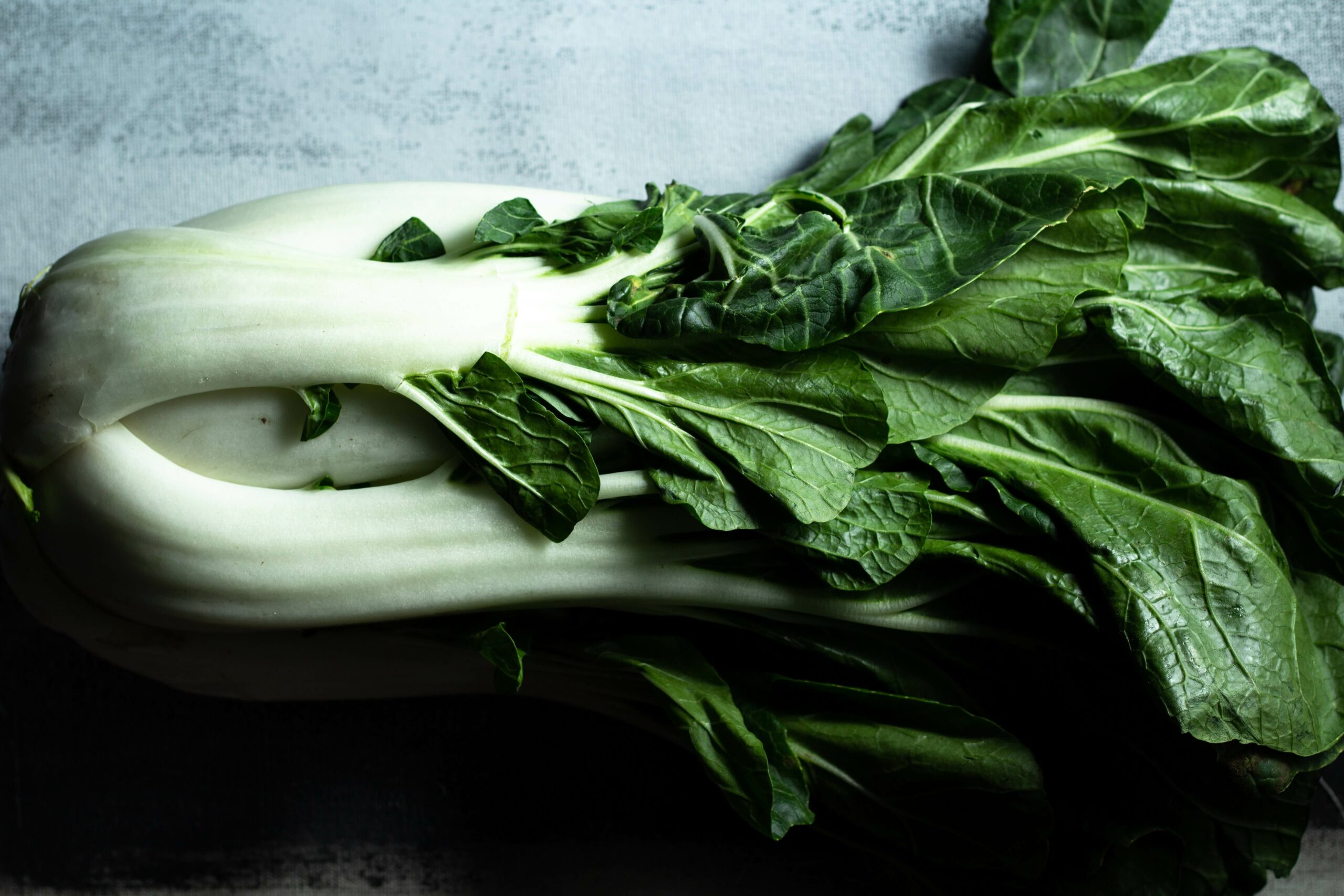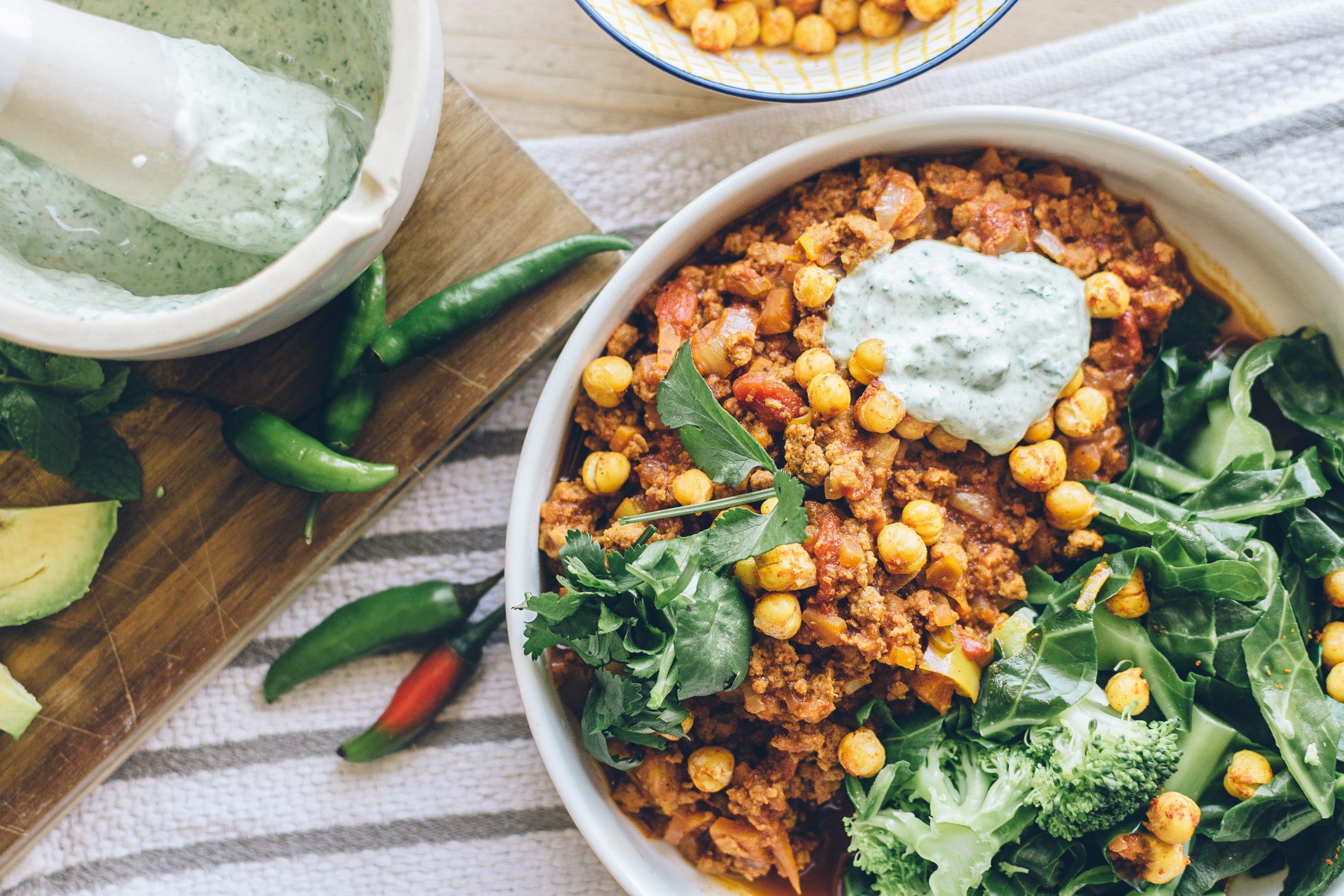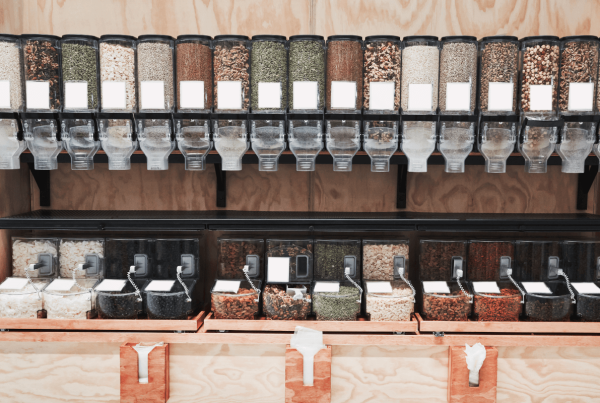Although there are no miracle foods that can magically guarantee sound cognitive health, some foods stand out for their brain health benefits. Accordingly, delicious foods that are jam-packed with nutrients deserve a pride of place on our menu!
1. Walnuts
A number of studies have shown that eating nuts on a daily basis may have a positive impact on memory and other cognitive functions. Among these, walnuts take the cake. More specifically, they are high in vitamin E and polyphenols—antioxidant and anti-inflammatory substances that are particularly beneficial for the brain. They’re also an excellent plant-based source of alpha-linolenic acid—an omega-3 fatty acid. Among other things, omega-3s help prevent cardiovascular disease, which is a risk factor for Alzheimer’s disease.
Walnuts are ideal for snacks and also make a great addition to salads and homemade desserts. You can even add them to your main course by trying this recipe for walnut pasta. And if you really want to impress your friends and family, these walnut and pecan truffles are worth every effort!
2. Berries
What do strawberries, cherries, blackberries, blueberries, and cranberries have in common? They’re all packed with antioxidants! They namely act on the premature aging of cells and have a number of benefits for brain health. Like all fruits, berries are also an important source of fibre, vitamins, and minerals.
Berries are a quick and easy way to add colour to snacks, lunches, and desserts. You can also use them in smoothies, sauces, and homemade jams.
3. Fatty fish (pink flesh)
Salmon, trout, canned tuna, mackerel, herring, sardines… These fish are all good sources of omega-3s, which are considered healthy fats. While all fish and seafood contain these nutritious omega-3s, these varieties contain more than others. Omega-3s play a crucial role in promoting optimal brain function. They are believed to help maintain the integrity of neural functions and reduce inflammatory responses in the brain, some of which are linked to the development of Alzheimer’s disease.
Need some inspiration for how to cook fish more often? Try adapting a recipe that calls for meat by making it with fish instead. For example, you could try this salmon burger.
4. Leafy green vegetables
This winter (and all year round!), make your meals greener by adding spinach, arugula, kale, broccoli, or watercress to your plate. Leafy green vegetables are an excellent source of vitamin K, which is essential for blood clotting. It also plays a role in preserving cognitive function. All in all, diets that are rich in vegetables of all colours are associated with slower cognitive decline.
We all know greens are great for salads, but have you ever tried green vegetable chips?
5. Legumes
Legumes, which include beans, chickpeas, tofu, lentils, and many others, are great sources of fibre. In addition to making you feel fuller for longer, legumes help lower cholesterol and regulate blood sugar and insulin levels. Among other health benefits, these factors have an important role to play when it comes to preventing Alzheimer’s disease.
So the next time you make spaghetti sauce, why not try using textured vegetable protein, also known as TVP? Made from soybeans, these small granules are easy to rehydrate and prepare. They’re a fantastic substitute for ground meat!
6. Olive oil
Often referred to as a good fat, olive oil contains many bioactive compounds, including brain-healthy antioxidants. When it comes to cooking with olive oil, you can really get creative! Not only is it delicious in salad dressings, you can drizzle it over almost anything, even breakfast foods! Have you ever added a touch of olive oil to a smoothie? Try it, you won’t be disappointed!
Did you notice what all of these brain-healthy foods have in common? They make up the core of the Mediterranean diet! Of all the diets that are said to promote brain health, the Mediterranean diet is the most widely recognized and scientifically validated.
To learn more, check out the following articles, which are available in the Luci App:











